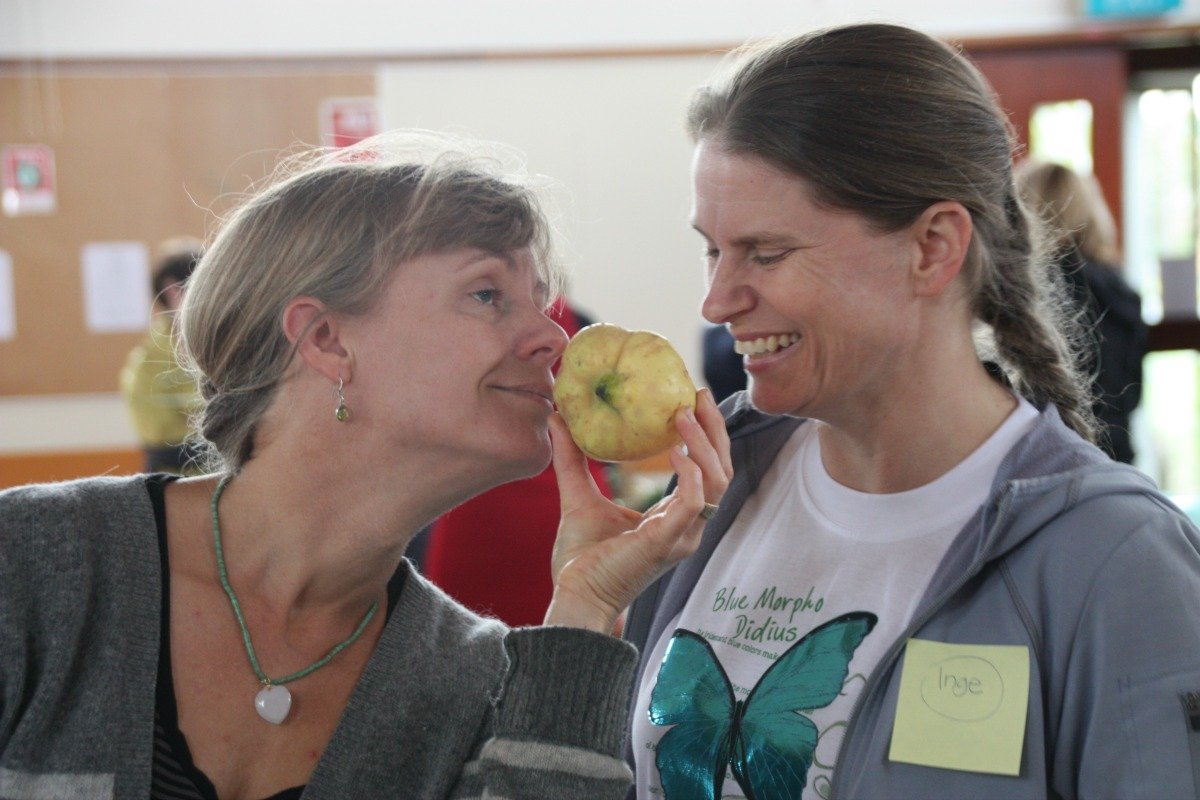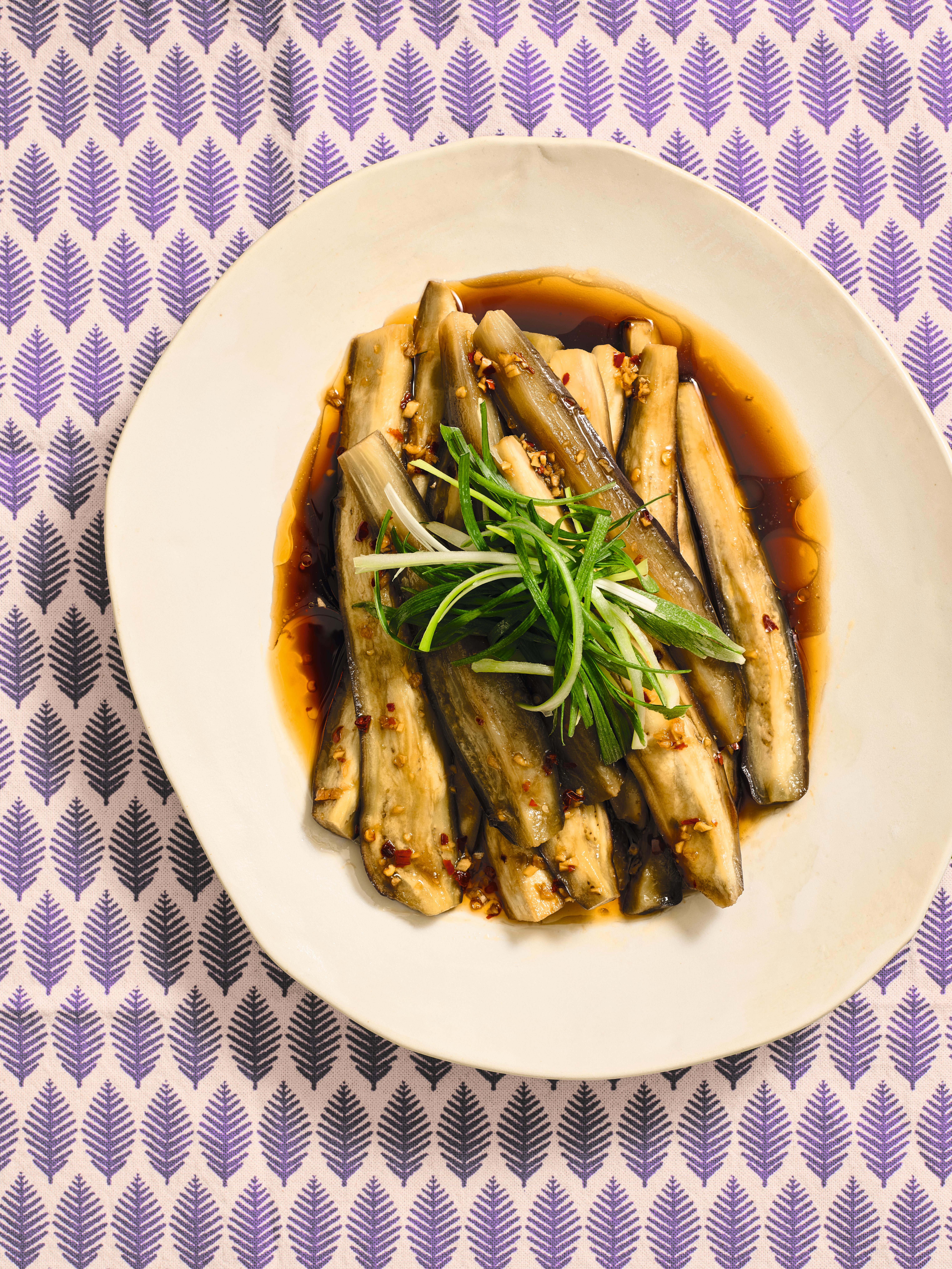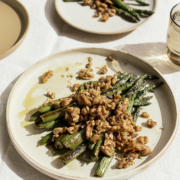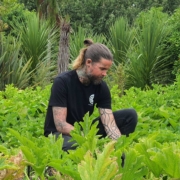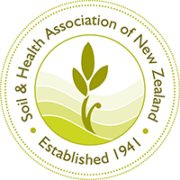10 natural health boosters
With seasonal flu, colds and Covid-19 circulating, maintaining optimum health for you and your family is more important than ever. Natural health practitioners gave us their top tips on getting organised, staying well and looking after yourself if you do get sick.
1. Be prepared
Rongoā Māori healer Donna Kerridge (Ngāti Tahinga, Ngāti Mahuta) says that preparation is key right now. “When we look at the Māori way of living in harmony with our environment, it’s really important that we’re not just thinking about now but we’re doing what is required for three months’ time.” She advises doing practical things like making sure firewood is chopped and ready so people’s houses can be drier and warmer when illness is circulating and it’s cold, and airing bedding while it’s sunny. “Some of the best sanitisers in the world are the wind and the sun. Air your blankets so you’re clearing out the dust and sanitise the things you don’t wash every week.” She also recommends taking advantage of the season’s bounty by preserving food, making stocks out of fish remnants and freezing them, and harvesting herbal medicines. “By preserving the excess that we have available to us now we can build immunity and have nourishing options when we least feel like cooking because we’re unwell.”

Reader support keeps us going
Please support our work by joining with a membership. Join us here. Organic NZ is independently published by the Soil & Health Association, a charity devoted to healthy soil, healthy food and healthy people.
Our independent journalism relies on support from people like you!
2. Let food be thy medicine and medicine be thy food
Hippocrates’ words still ring true today. Eating a well-balanced nutritious diet is one of the best things you can do for your health. Wanaka Health Bridge (wanakahealthbridge.co.nz) is a website created by a collective of health practitioners in Wānaka to meet the needs of the local community during Covid. Various early action protocols covered on the site provide information on the stages of the virus, hygiene and immune-supporting minerals and vitamins.


When it comes to kai, naturopath, herbalist and nutritionist Kaz von Heraud-Parker, who led the initiative says, “If you can eat organic, where possible, you’re going to reduce the strain on your system,” but generally she advises eating a diet that targets core nutrients. This includes vitamin C-rich foods like blackcurrants, red peppers, kiwifruit, oranges, broccoli and parsley; foods rich in zinc such as meat, seafood, pumpkin seeds, chickpeas, lentils and cashew nuts (it’s best to soak plant-based sources of zinc prior to eating to remove acids that can block absorption); and also probiotic foods like natural yoghurt, sauerkraut, kefir, kimchi, miso and tempeh. Don’t forget about foods rich in quercetin either. This natural antioxidant and anti-inflammatory may also act as a ‘zinc ionophore’ (helping zinc to get into your cells where it works best). It’s abundant in red onions, red grapes, honey, citrus fruits and capers.

3. Lower your viral load
“Reducing your viral load is a key thing to be doing now that the virus is out and about in the community,” says Kaz. “If you’ve been around areas where you know the virus has been, you can either do a nasal spray, a gargle, or suck on a propolis or mānuka lozenge.”
Donna says the best way to irrigate your nasal passages and make oxygen absorption more efficient is to swim in the sea. If taking a dip is out of the question, she recommends buying a ready-made nasal rinse rather than making your own as people sometimes burn their sinuses with overly salty homemade rinses.
4. Stay active
Science has shown us for some time now that people who are aerobically active are less likely to get sick from colds or infections and that they recover more quickly. A 2021 study of 50,000 Californians who were infected with Covid found that those who were the most active before they were ill were the least likely to be hospitalised or die of the illness. Try and do 150–300 minutes of moderate-to-vigorous-intensity exercise per week (or 30 minutes a day). As well as formal exercise, remember that activities like cleaning and gardening also count and will help you move more and sit less.

5. Stock your cupboards
Wanaka Health Bridge recommends adding these foods to your shopping list:

Herbs
- Fresh ginger root
- Fresh garlic bulbs
- Thyme
- Elderberries
- Echinacea
- Turmeric root
Key nutrients
- Shiitake mushrooms
- Reishi mushrooms
- Lemons
- Kiwi fruit
- Berries
- Leafy greens
- Broccoli
- Sardines
- Pumpkin seeds
- Flax seeds
- In-season fresh fruit and vegetables
- Miso
- Organic vegetable broth
6. DIY natural remedies
We’ve been using our gardens and pantries to heal ourselves since forever. Try some of these to boost your immunity and soothe mild illness.

Onions and honey
Chop up an onion and put it in a jar with a tablespoon of honey. Leave overnight, then take spoonfuls of the liquid a couple of times a day. Donna says she also likes to add angiangi (the green woolly lichen from the uznea species, which you often find on old stonefruit trees). Or skip the onion and take 1 teaspoon of honey a day for gut health.
Herbal infusions and decoctions
To make an infusion, which is like a herbal tea, simply pour boiling water over the dried leaves, steep for five minutes then drink. To make a decoction, which is the best way to access the properties of woody plants with thick leaves, gently simmer the plant material in water before cooling and drinking. Herb specialist Minette Tonoli (meadowsweet.co.nz) recommends good old lemon, ginger and honey tea, but also makes a tea out of 1 teaspoon each of dried yarrow, peppermint and elderflowers to bring down fevers. Donna’s top three plants for decoctions, which can be harvested and dried now, are kūmarahou and kānuka leaves and the leaves and flowers of mullein.
Tomato tea
Or try Minette’s tomato tea. Combine 1 litre of tomato juice (juice your own or buy it ready-made), 4–6 cloves of garlic, the juice of 2 lemons and half a teaspoon of cayenne pepper in a saucepan, bring to the boil then drink it as hot as you can manage. She advises drinking another cup four to six hours later.
Sage gargle
Make a sage tea by pouring boiling water over 2 tablespoons fresh or 1 tablespoon dried sage leaves. Steep for about 10 minutes, add a teaspoon of honey or cider vinegar, then once it’s cool enough, use it as
a gargle. The good thing about this tea is that you can also drink the leftovers.
Herbal inhaler
Instead of buying a nasal decongestant, Donna says it’s easy to make your own. Put cotton buds inside an empty medicine bottle, add 20 drops of eucalyptus or kānuka oil and sniff as needed to clear your sinuses.

7. Let nature nurture you
Any gardener will tell you how good being outdoors makes them feel. But visiting a beach or even a local park will improve your sense of well-being. Being in natural spaces also significantly decreases our stress levels, which in turn reduces blood pressure, heart rate, muscle tension and the production of stress hormones. Plus being outdoors is a fantastic way to stay connected with people while reducing the chances of transmitting the virus.
8. Get a decent night’s sleep
“There isn’t one facet of our mental or physical performance that isn’t affected by the quality of your sleep,” says sleep specialist Jane Wrigglesworth (howtosleepwell.org). She recommends seven to eight hours of sleep a night. And says if you’re having trouble sleeping, you should find out why. “A cup of chamomile tea using a standard tea bag is unlikely to help, for example, if your problem with sleep is caused by a thyroid imbalance. Combined valerian and passiflora is a time-honoured treatment for insomnia, but it depends on the individual.”
9. Grow fast food
It doesn’t get fresher and more convenient than being able to eat food you’ve grown yourself, especially if you’re isolating at home. Sow or plant salad greens every couple of weeks so you’ve always got fresh veges ready to harvest. Or for really speedy fare, sow microgreens. Simply press seed into a container of moist potting mix, lightly cover with soil and spritz daily. They’ll be ready to harvest in as little as a week. Or sow bean sprouts in a jar. Place a couple of tablespoons of your favourite sprout seeds in a jar, cover with 5cm water, leave to sit overnight, then cover with muslin or a mesh lid (available at garden centres or health stores), rinse out the excess water, then rinse and drain again. Repeat this a couple of times a day for several days, by which time your sprouts will have tails and be ready to eat.

10. Monitor your health if you do get sick
If you do get sick, make sure you get tested. Have a thermometer handy so you can take your temperature (normal is around 36.5–37.5oC) and record it along with your other symptoms.
Donna advises, “If you have other conditions like asthma or diabetes or take more than three types of medications, get a second opinion about whether you should be isolating at home or whether you should see a doctor face to face.”

